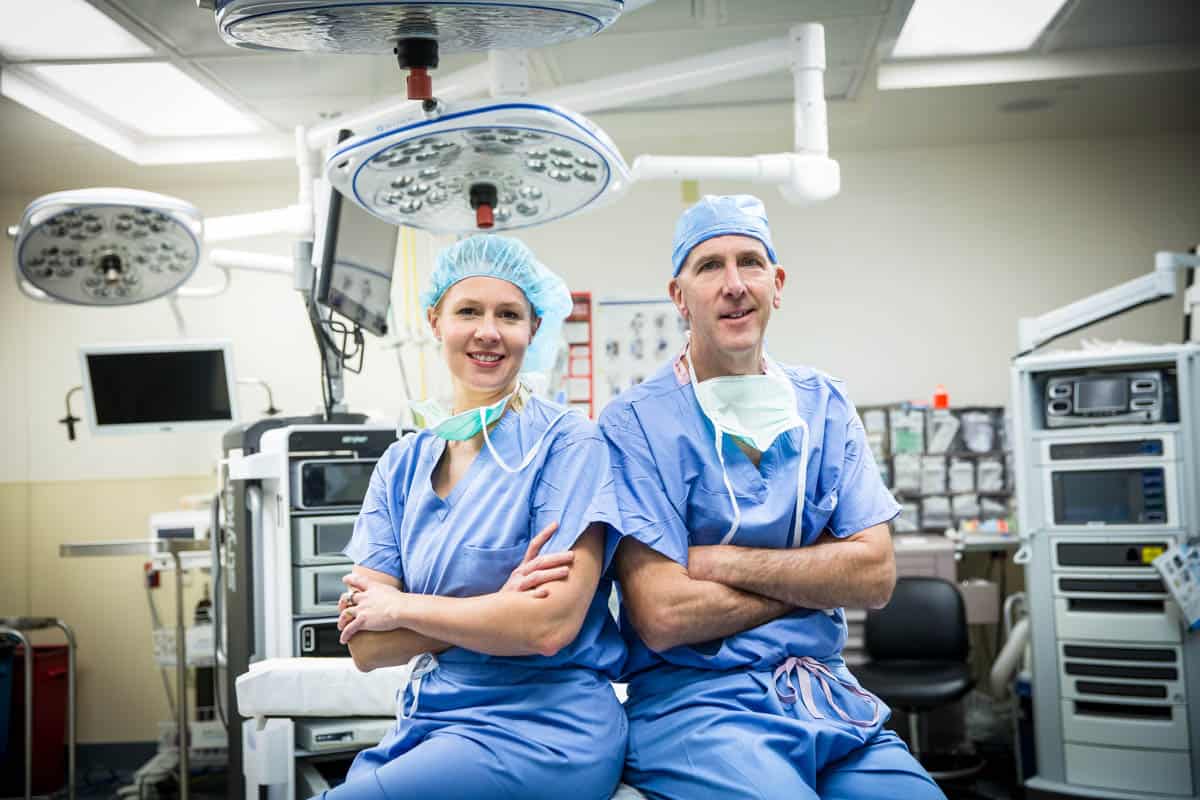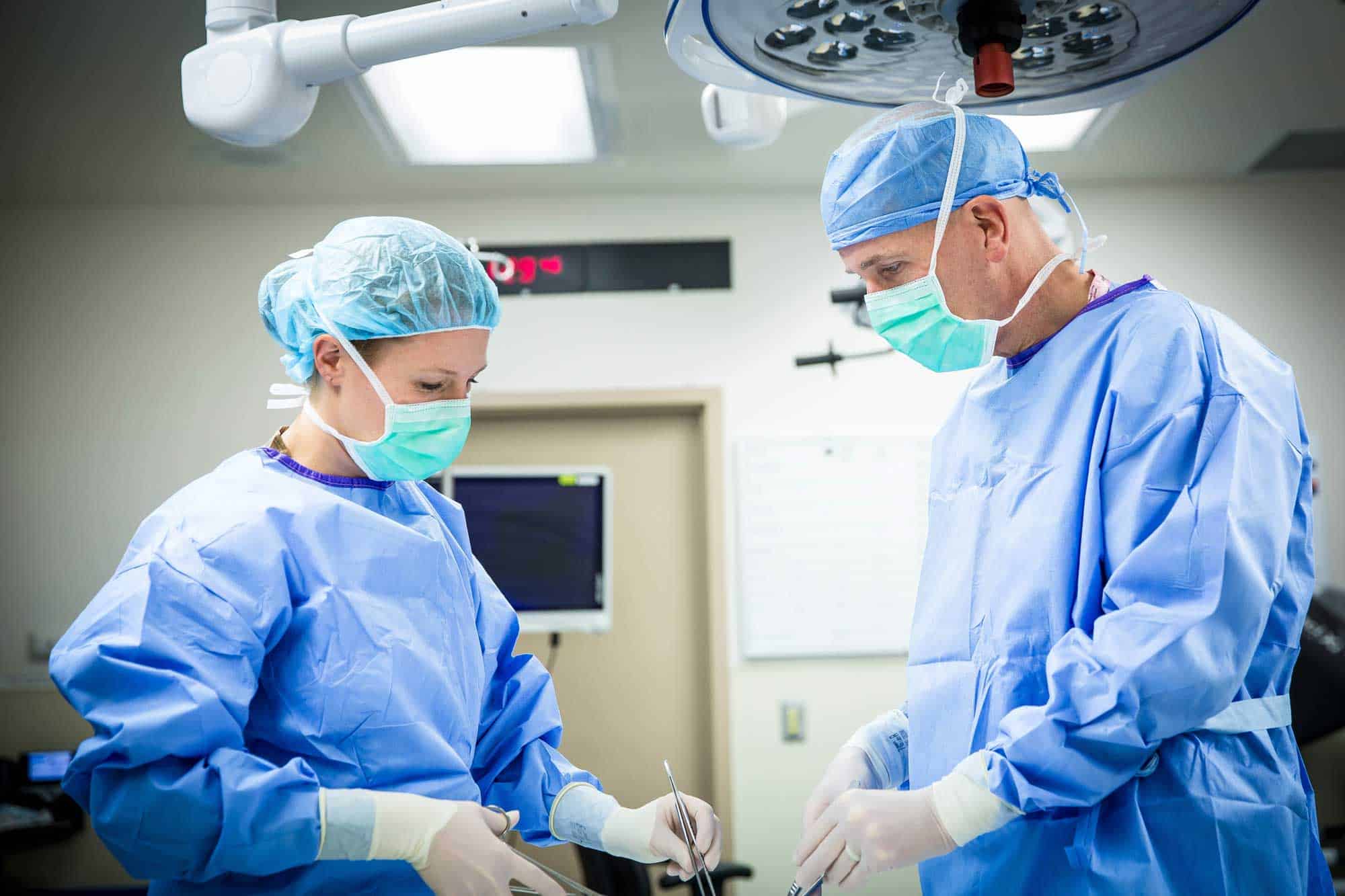Anal Fistula and Abscess
What is an anal fistula?
An anal fistula is an abnormal connection or tunnel/tract between the anal canal and the skin around the anus or the buttocks.
What is a perirectal abscess?
An abscess is a pocket of infection that usually contains pus, i.e. infected fluid. A perirectal abscess is when you form a pocket of infection around your rectum.
What causes an anal fistula and perirectal abscess?
Most anal fistulas develop after a rectal abscess forms from an infected gland in the anal canal. It is unclear exactly why some people get an abscess, but it is seen in both men and women of all ages, and 30-50% of people that had an abscess will develop a fistula. Other less common causes of a fistula are Crohn’s disease, radiation, or on rare occasions, cancer. If you think you might have an abscess or a fistula, please call our office for an appointment or call your PCP.
What should I do if I think I have an abscess?
An abscess can come on quite suddenly and can be significantly painful, often requiring an immediate visit to your doctor or the emergency room. If a patient calls our office with a suspected abscess, we try to get them in to see us within 24 hours, if possible. This allows us to examine your situation to determine the best treatment, which is sometimes to drain the abscess in the office.

What are the symptoms of an anal fistula?
Since most fistulas come from an abscess, the initial symptoms can be pain and swelling followed by drainage and then relief of pain. This can cycle around a symptom-free period for days, weeks, or even years. These periods of relief often make people think that it has gone away for good, but this is rarely the case. Some chronic fistulas can have small amounts of continuous drainage and/or a persistent bump on the skin that can be mistaken for a hemorrhoid.
How is an anal fistula diagnosed?
Most fistulas can be diagnosed by a simple exam in our office. Occasionally an imaging study, like an MRI might be required.

What is the treatment for a fistula?
Fistulas rarely go away on their own without surgery. The surgery for a fistula is done as an outpatient and typically under deep sedation or general anesthesia. It requires about 30-40 minutes to treat. Many patients require a week off of work to recover, while some need less time and some need more. If the fistula is superficial, meaning close to the surface, it can be fixed with a simple incision opening up the tunnel. For more complex fistulas, ones that wrap around the sphincter muscle (the muscle that controls your bowel movements) a more complex surgery, or more than one surgery, may be required. The type of fistula a patient has can usually be identified at the time of the exam, but ultimately, may not be determined until surgery. If you think you have a fistula, or are unsure, please call our office for an appointment or call your primary care provider.
